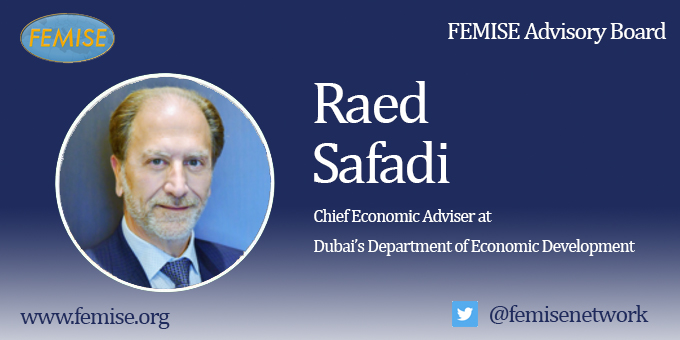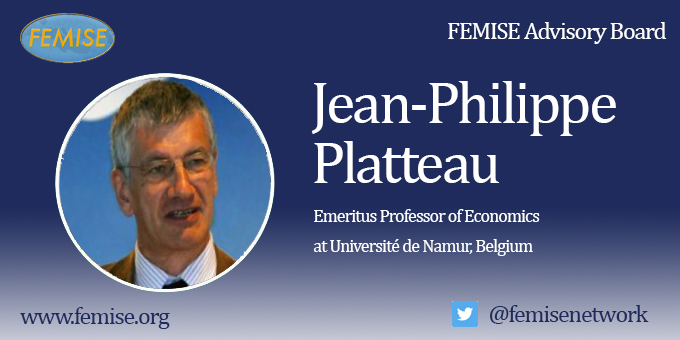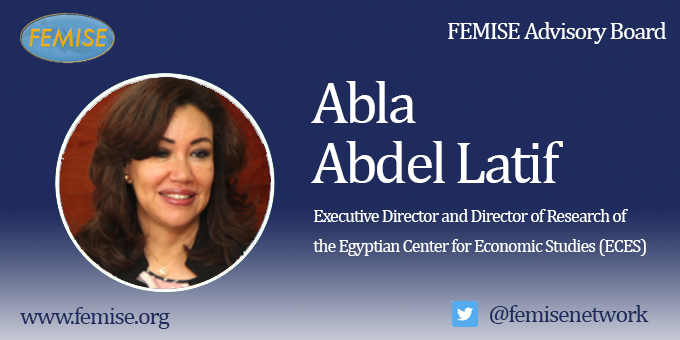
As the Chief Economic Adviser at Dubai’s Department of Economic Development, Dr. Safadi leads a team of experts entrusted with the implementation of Dubai’s Strategic Plan 2021, and promoting the diversification and sustainable growth of Dubai and its transformation into a knowledge-based economy.
Dr. Raed is a leading expert on development economics and has extensive experience advising governments on economic policy and management. He has published an extensive array of books and articles covering such areas as economic development, regional trading arrangements and the world trading system, tariffs and non-tariff barriers, special and differential treatment, trade and environment, services trade, and global value chains. His most recent publication “Inclusive Global Value Chains” focuses on making GVCs more inclusive by overcoming participation constrainsts for SMEs and facilitating access for low income developing countries. Dr. Raed has previously worked for the OECD, the World Bank, ESCWA and as a consultant for numerous governments, regional development banks and UN agencies.






 Le Policy Brief a été réalisé avec l’aide financière de l’Union européenne dans le cadre du programme FEMISE. Le contenu de ce document relève de la seule responsabilité des auteurs et ne peut en aucun cas être considéré comme reflétant la position de l’Union européenne.
Le Policy Brief a été réalisé avec l’aide financière de l’Union européenne dans le cadre du programme FEMISE. Le contenu de ce document relève de la seule responsabilité des auteurs et ne peut en aucun cas être considéré comme reflétant la position de l’Union européenne.